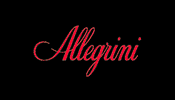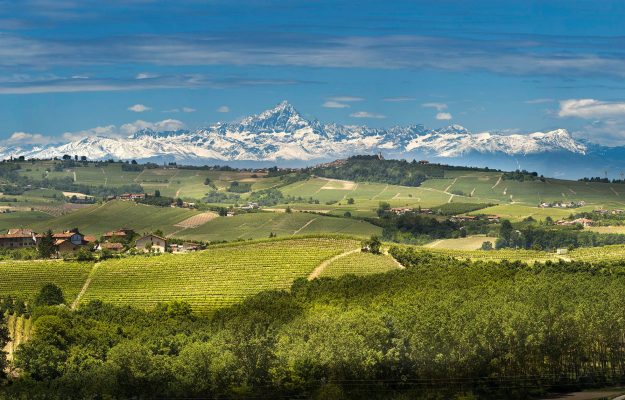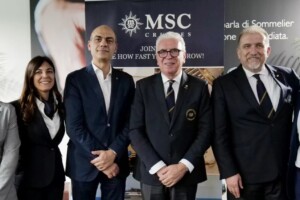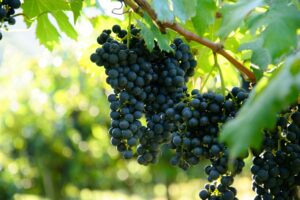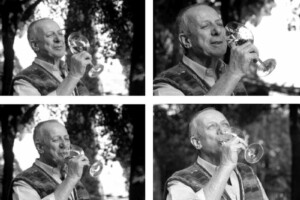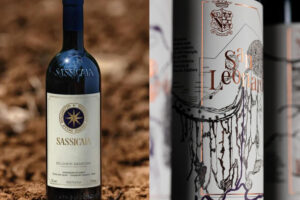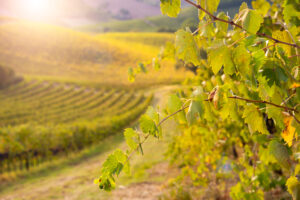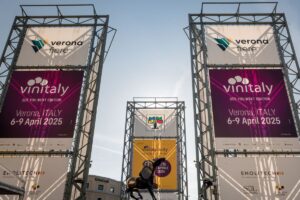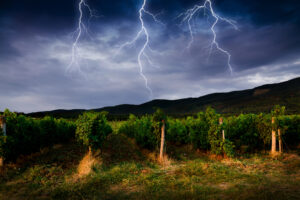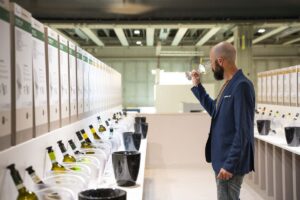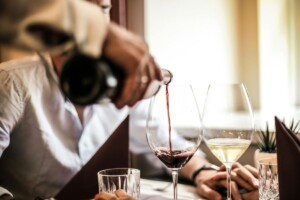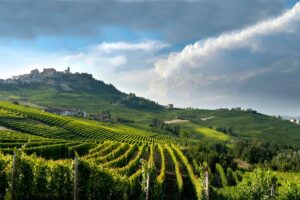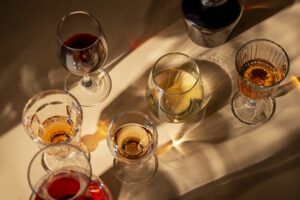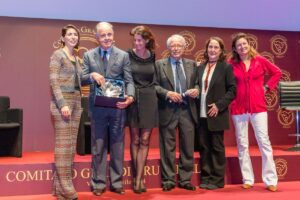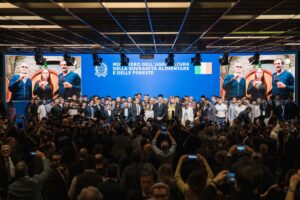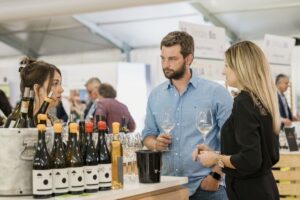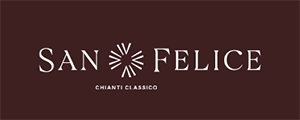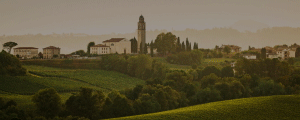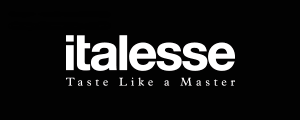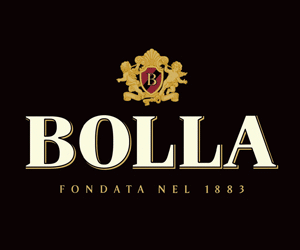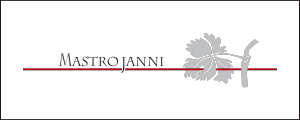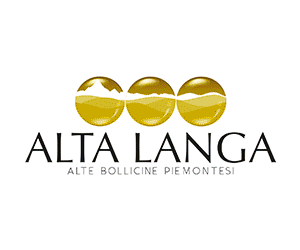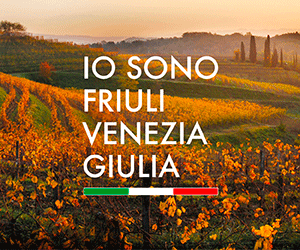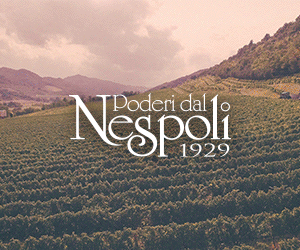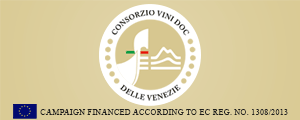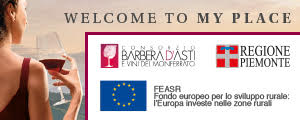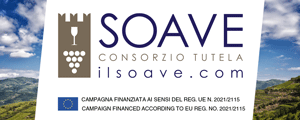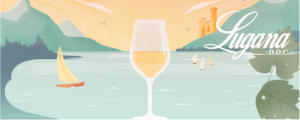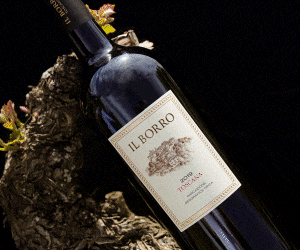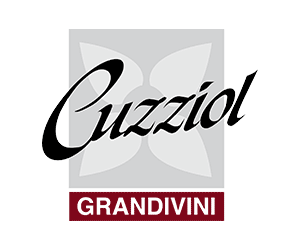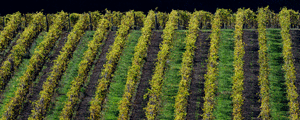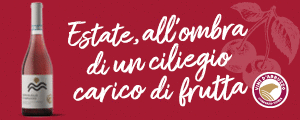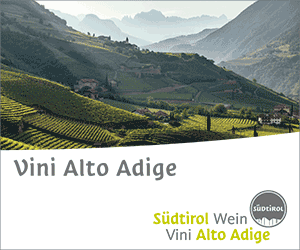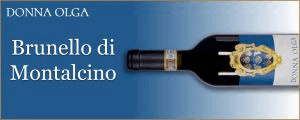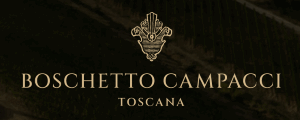As we always say, wine sustainability is a complex issue, which involves environment, people and economy. And that is not only done in the vineyard and in the cellar, especially in an articulated supply chain such as that of wine, which is made up of many steps from the cellar to the shelf, and which involves a sector that is not often in the spotlight, but which is fundamental, such as logistics. It is, however, at the center of the Ecolog project, launched by the Consorzio del Barolo e del Barbaresco, together with Coldiretti Cuneo, the Unione di Comuni Colline di Langa e del Barolo and the Associazione per il Patrimonio dei Paesaggi Vitivinicoli di Langhe-Roero e Monferrato, which, in the first months of 2021, has involved 28 wineries in its experimental phase, and has an ambitious goal: to reduce by 50% the daily CO2 emissions and pollution on the Unesco heritage hills. Starting from the reduction of 33% of heavy vehicle traffic on the hills of Langa, but also encouraging ecotourism and halving the daily emissions of CO2 into the atmosphere, improving air quality. “Thanks to the creation of a digital platform developed by Tesisquare - on which companies place orders and book the collection of goods, and the coordination with Sandri Trasporti, Ecolog revolutionizes the logistics of wine - explains a note - using small vehicles with low emissions. These vehicles, traveling the shortest route possible and always fully loaded, pick up orders from wineries, conveying them to a physical hub, from which they subsequently depart towards destination markets”.
“We started from a problem and looked for a solution that was not only environmentally sustainable but also highly innovative and advantageous for wineries - says Matteo Ascheri, president of the Consorzio Barolo Barbaresco - Ecolog aims to completely reform the logistics of our sector, anticipating what will be a necessary change in a perspective, also European, of digital transition and oriented to a green economy”.
“The project, now in an experimental phase that involves the collaboration of some logistics partners and some wineries, wants to test the system that we plan to extend to all carriers who want to join in possession of the minimum requirements established by the protocol, aimed at reducing the environmental impact for a better livability of the territory of Langhe, Roero and Monferrato” - declares Fabiano Porcu, director of Coldiretti Cuneo - “the project aims at optimizing the shipment of bottles, but in the future we also foresee the supply of incoming material and the extension of the system to all wineries in the Unesco area, and to other production sectors. We are certain that Ecolog can meet the needs of companies, consumers and new environmental policies”.
The Unione di Comuni Colline di Langa e del Barolo (Union of Municipalities of the Langa and Barolo Hills) immediately agreed to support the experimentation of the project in its territory. “It is an activity aimed at responding to a problem strongly felt by the communities of the Langa, that is, the presence of a considerable number of heavy vehicles crossing towns and panoramic roads. This project wants to be a piece in a broader strategy aimed at making our hills more livable by offering greater safety to citizens and, at the same time, offering more space for the development of outdoor tourism, as well as reducing emissions into the atmosphere by preserving and protecting a unique landscape in the world”. “The Ecolog project is an excellent opportunity to develop and consolidate synergies between wine companies, logistics and institutions in the area”, comments Andrea Beggio, responsible for Sandri Trasporti of the Ecolog project. “The wine supply chain will benefit from a more efficient and environmentally sustainable logistics service. In short, fewer circulating heavy vehicles, less polluting impact on the environment - a higher level of service offered”. “For Tesisquare, supply chain collaboration and innovation are distinctive values of the company culture,” says Giuseppe Pacotto, Chairman & Ceo of Tesisquare. “As a technology partner, we are aware of the importance of promoting business models capable of encouraging the sharing of information and creating efficiency in processes within increasingly virtuous and sustainable collaborative supply chains. In the Ecoo project we can bring the skills acquired in the many collaborative projects carried out in Italy and abroad. In addition, it is an opportunity to consolidate the deep connection with the territory of Cuneo, aiming to decrease the traffic of heavy vehicles, with the aim of reducing CO2 emissions and congestion generated by hauliers who do not know the fragility of our roads”. “This project has a very important value because it can help to make safe many roads on our Unesco hills, today too frequented by articulated trucks to and from wineries. On the other hand, it allows for networking and awareness and resilience among the various actors in the project” adds Roberto Cerrato, director of the Associazione per il Patrimonio dei Paesaggi Vitivinicoli di Langhe-Roero e Monferrato (Association for the Heritage of the Langhe-Roero and Monferrato Wine Landscapes). In addition, to mitigate the impact on the environment, the project also aims to facilitate sales to foreign tourists by allowing wineries to place orders for foreign visitors, while also completing the tax and customs steps necessary for direct sales at the winery. The final goal is to involve an increasing number of wineries and transporters.
Copyright © 2000/2024
Contatti: info@winenews.it
Seguici anche su Twitter: @WineNewsIt
Seguici anche su Facebook: @winenewsit
Questo articolo è tratto dall'archivio di WineNews - Tutti i diritti riservati - Copyright © 2000/2024



